These 11 Foods to Help Babies Add More Weight

“Which foods should I give my baby to make them add more weight? I have tried every ‘hack’ but it is not working!” This has to be one of the most worrying scenarios that parents and caregivers find themselves in.
As a parent, I know the joy and pride of seeing my baby with chubby cheeks and overall health. Although I don’t take it for granted, the diet I have been feeding him has also played a crucial role in keeping him fit. But above all, he has gained a lot of weight.
What Determines a Baby’s Weight?
I know you are curious to know which foods help babies gain weight quickly. Before we get into the list, it is important to know that weight in babies is also determined by:
- The overall health of the baby.
- Genetics.
- Regular exercises.
If you feed the food recommended in this list and the baby does not add weight as you wish, it could be due to the three factors above.
Without further ado, let’s get into the list.
The Top 11 Foods to Help Babies Add More Weight
1. Chicken
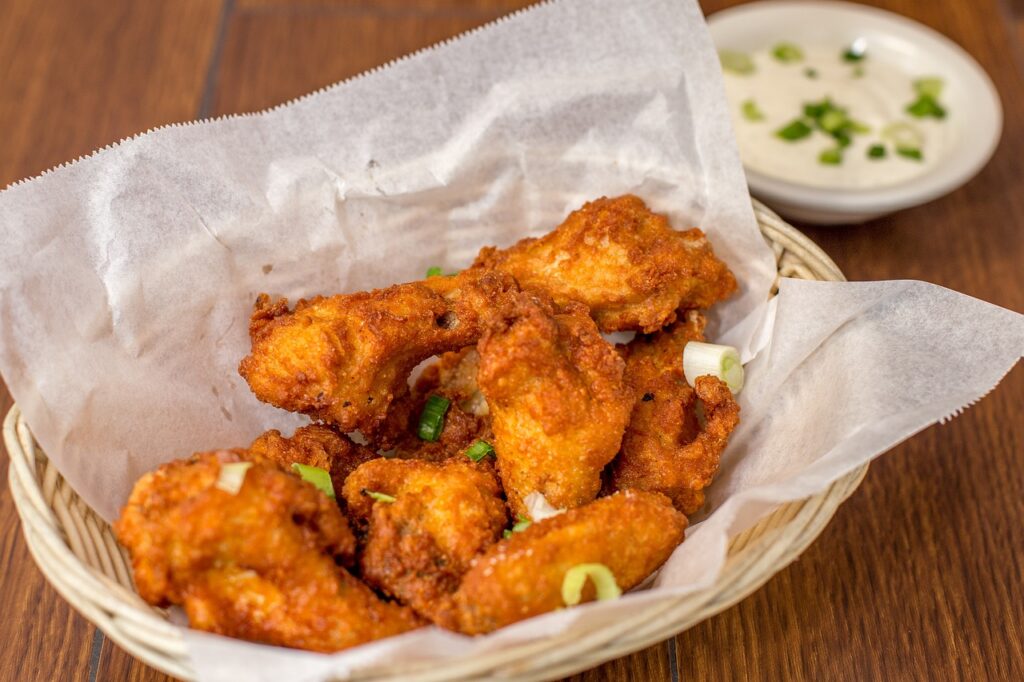
Since you need your baby to grow with strong teeth and bones, as well as healthy kidneys, nervous system, and liver, the phosphorus in the chicken will come in handy.
For optimal benefits, remove the skin before you give the baby to feast on those chicken breasts. Removing the skin increases the absorption of saturated fats and healthy cholesterol, which are good for weight addition in babies.
2. Milk

Milk is also healthy and helps the babies add more weight without becoming obese. It is a rich source of essential vitamins calcium, which are ideal for making strong bones. Strong bones play a key role in adding weight to the baby.
Precaution: Go slow on milk if your baby is milk is lactose intolerant.
3. Salmon
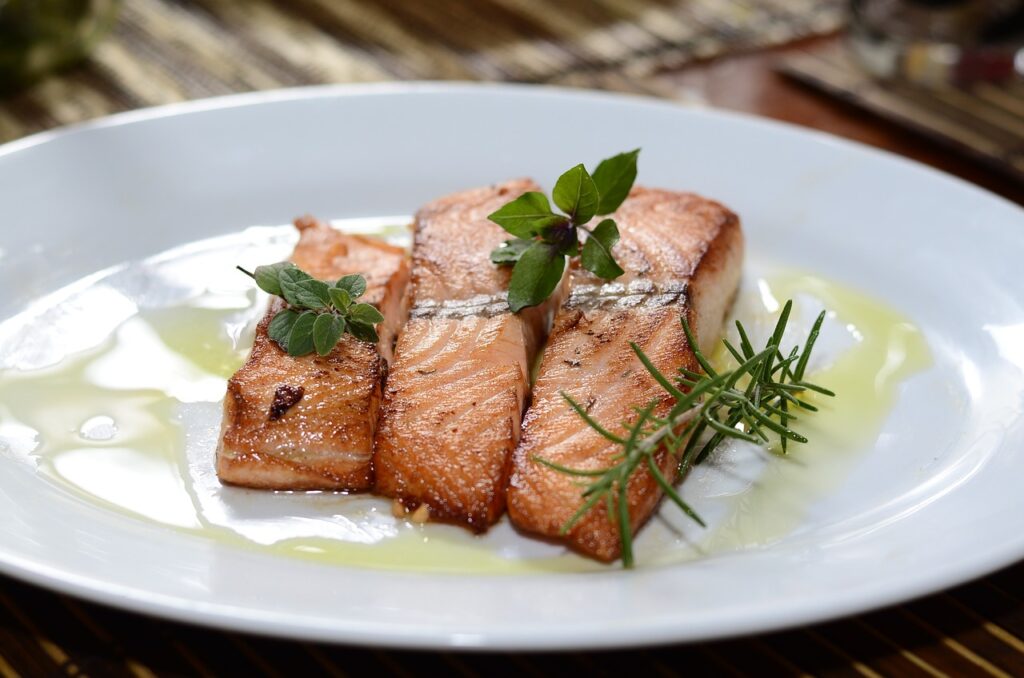
In my previous article, I mentioned that salmon is a good food for new mothers. Salmon also contains key nutrients that you should pay attention to.
If you have been hesitant on feeding your baby some salmon, it is about time you started. It is a rich source of vitamin B12, selenium, and omega-3 fatty acids. These nutrients are crucial in promoting neurological health, brain function, and cognition in babies.
Feeding the baby a serving of salmon also helps them gain weight.
4. Avocado
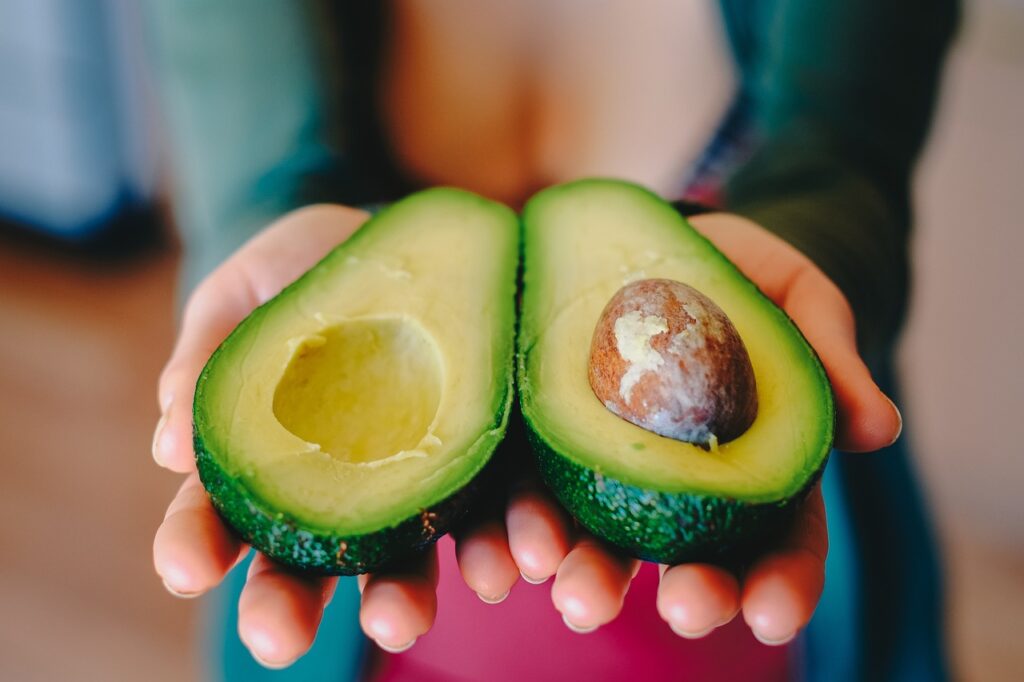
Avocado, in whichever form, helps babies gain a healthy weight. You can blend the avocado into a smoothie, serve it with other meals, or make guacamole, and it will still taste good with its nutritional benefits intact.
Someone joked that it is only avocado that you can serve with another avocado, thanks to its finger-licking taste.
Back to the baby, how does avocado help babies gain weight?
It boasts a rich source of nutrients such as beta-carotene, fiber, vitamins B6, C, E, and K, omega-3 fatty acids, potassium, and fats. These nutrients are crucial in helping the baby add weight.
5. Sweet Potatoes and Potatoes
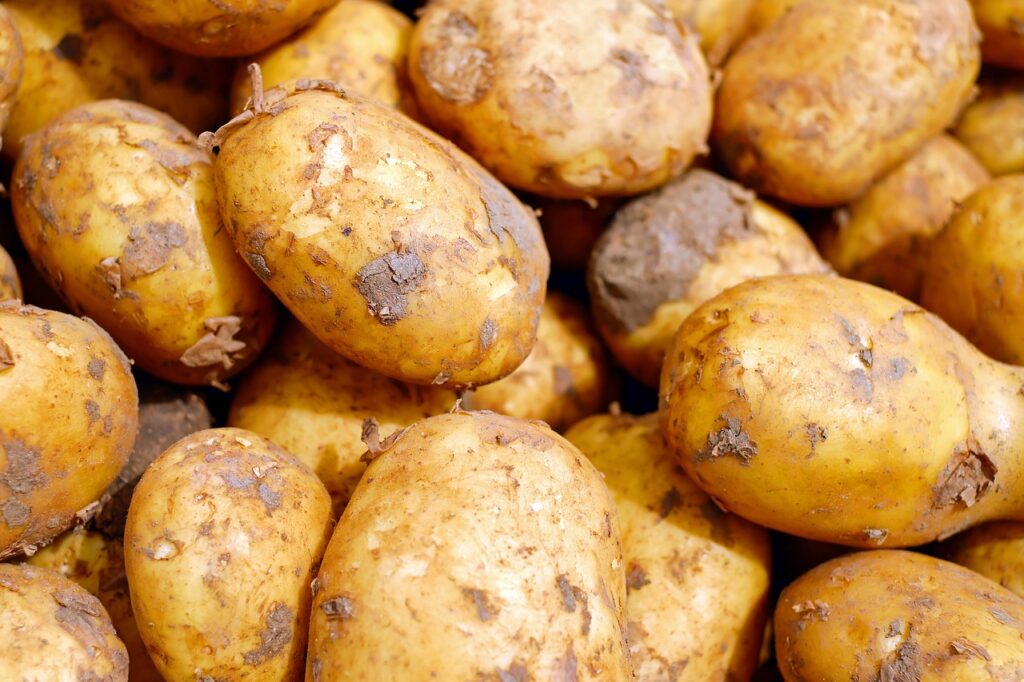
Sweet potatoes and potatoes? Aren’t these supposed to be the same thing? You might wonder.
Sweet potatoes are rich in essential minerals such as calcium, iron, and selenium, which act as antioxidants. Besides, the minerals also improve the absorption rate of beta-carotene into the body, making the baby gain weight without becoming obese.
Additionally, sweet potatoes also contain vitamins B and C, as well as fiber that aids in digestion in babies.
On the other hand, potatoes contain essential vitamins A and C, carbohydrates, and fiber, which make babies gain weight easily.
6. Vegetables
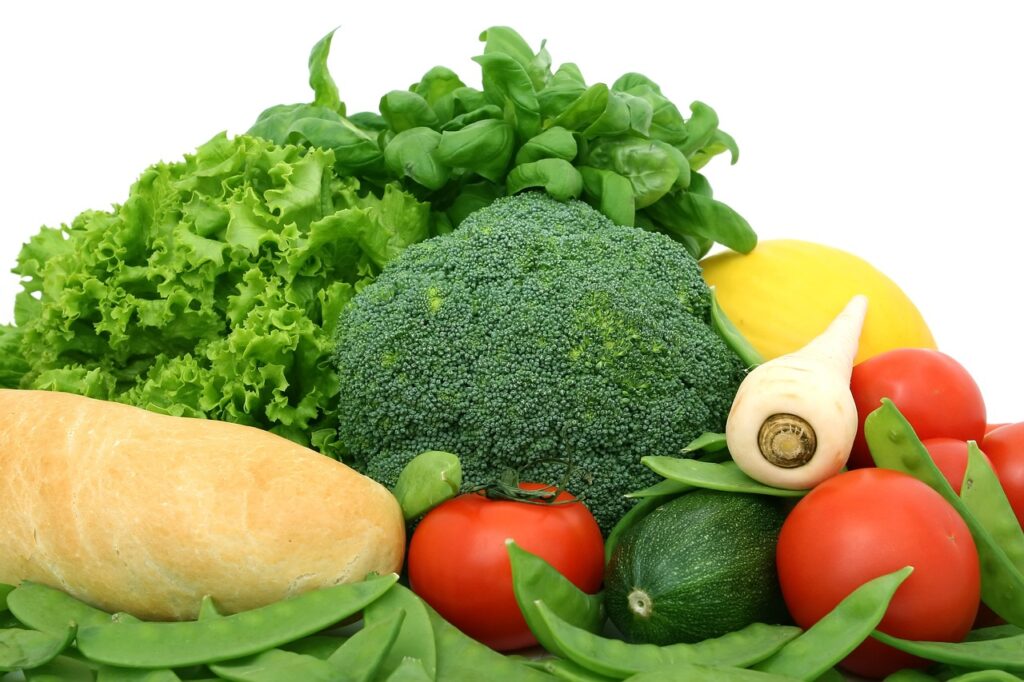
Babies might be the last people to love vegetables, thanks to their bland taste. But beyond the “flat” taste lies so many nutrients that can help your baby gain weight.
Vegetables are a rich source of fiber, antioxidants, minerals, and vitamins.
If your baby is picky about eating vegetables, give them when hungry.
7. Corn
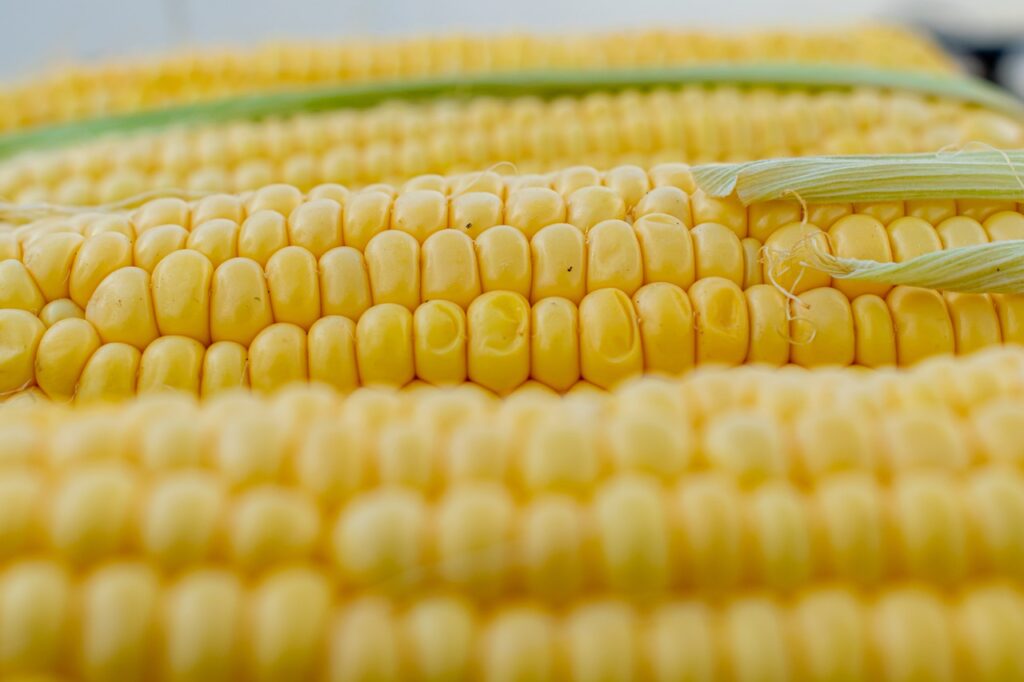
Corn, or maize, is a rich source of carotenoid, an antioxidant that promotes eye health.
Corn also contains B vitamins, fiber, zinc, potassium, and iron, which play a crucial role in weight gain in babies.
8. Fruits
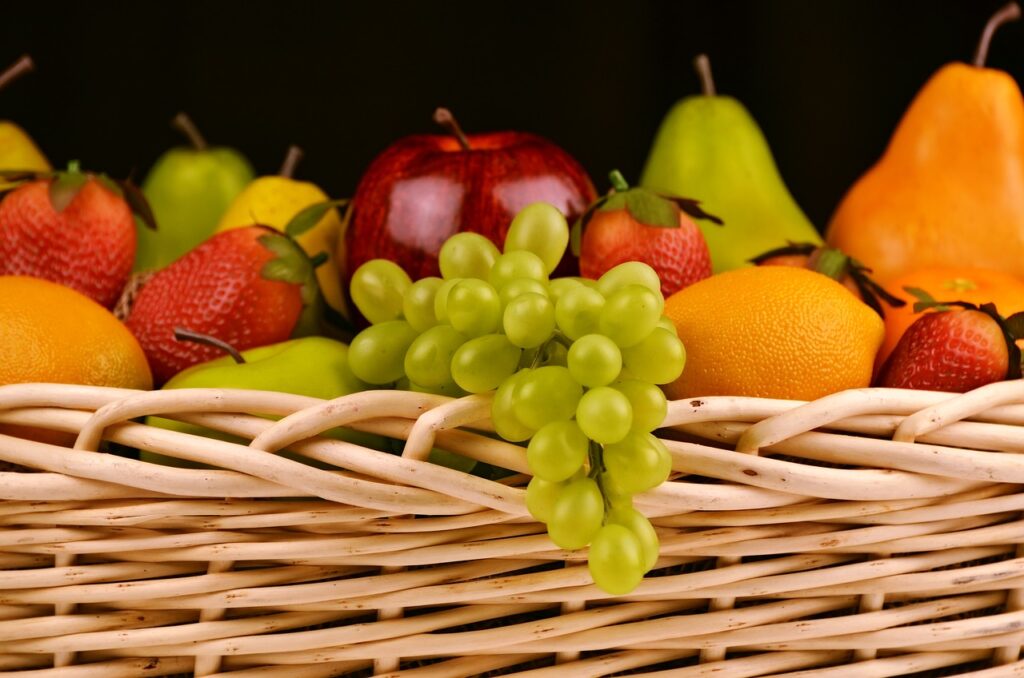
Giving your baby some fruits might help them to gain weight. They contain minerals, vitamins, and fiber, which improve the baby’s digestion, digestion, and help them gain weight.
You can make a smoothie or salad or give them the whole fruit. The state of the fruit would depend on the baby’s age and preference.
9. Olive Oil

Olive oil has to be one of the most versatile things in the culinary. You can use it to cook food, but for babies, you can use it as a salad dressing or to sauté different foods.
Several features make olive oil the perfect choice for helping babies add weight. It is rich in vitamin E, which boosts the baby’s immunity, antioxidants, and monounsaturated fats that help the baby gain weight over time.
10. Oatmeal
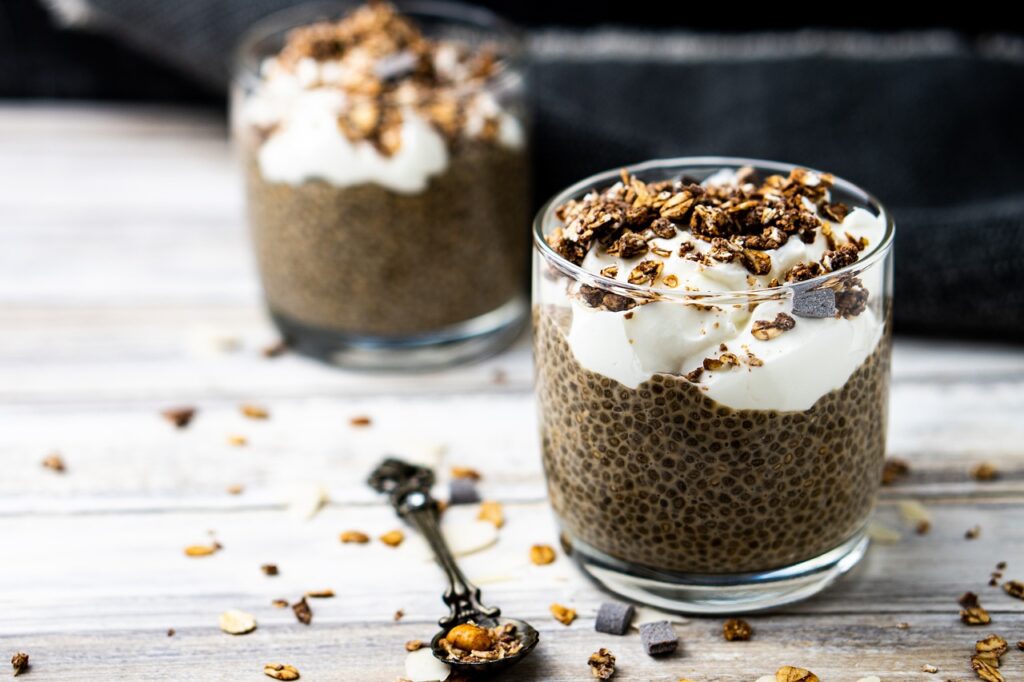
If your baby is above a year old, you can infuse oatmeal into their diet.
What is oatmeal, and how does it help babies gain weight?
Oatmeal is a broad term that is used to describe porridge. You can prepare oatmeal by de-husking oats and boiling them with milk or water.
Oatmeal is a good source of proteins, carbohydrates, and starch, contributing to weight addition in babies.
11. Beans and Lentils
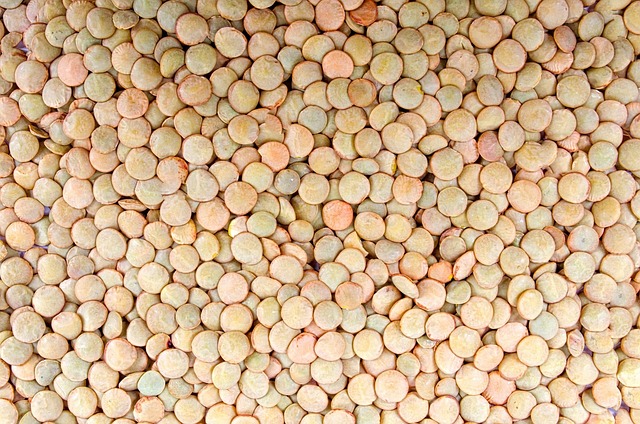
Beans and lentils are a rich source of proteins and calories, two key ingredients for increasing babies’ weight.
Can you imagine 100 grams of beans or lentils containing a whooping 300 calories? This is the perfect ratio for babies whose metabolism is extremely high.
Beans and lentils also contain soluble fiber, which effectively regulates blood sugar and prevents constipation.
The two are also rich in antioxidants and phytonutrients, which make your baby less fussy and healthier.
What is the Ideal Weight for Babies?

Now that we have discussed the top 11 foods to feed your baby to increase its weight, let’s look at the big question, “How heavy should my baby weigh?”
The CDC recommends using BMI-for-age growth charts to calculate the ideal weight for babies.
This is a breakdown of the chart’s recommendations:
| Baby’s BMI Percentage | Conclusion on Weight |
| ≤ 5 | Underweight |
| 5-85 | Normal weight |
| 85-95 | Overweight |
| ≥95 | Obese |
One crucial point to note is that weight-adding foods are only recommended for underweight babies. If your baby is not under the below 5% category, limit the servings you give them from the 11 foods above.
What Contributes to Low Weight Gain in Babies?
If you are worried about why your baby has a low weight gain rate, these could be the reasons:
Feeding Difficulties: Feeding aversions and swallowing makes the baby consume fewer calories than required, resulting in insufficient weight gain.
High-Calorie Demand: Babies who are crawling, walking, or running have a high metabolism rate, and their demand for calories is high. Failure to feed them in foods rich in calories might make them not add weight.
Underlying Medical Conditions: Medical conditions might also cause a baby to gain insufficient weight. For example, babies with congenital heart diseases have higher heartbeats, demanding high calories, hence poor weight gain.
Frequently Asked Questions
Should my baby avoid some foods when looking to gain weight?
Yes. Babies should avoid sugary foods such as cakes, junk snacks, sweets, and sugary drinks when looking to gain weight healthily.
Why do babies appear to gain weight before growing in height?
Babies appear to gain weight before growing in height since the excess fat contributes to height growth.
How can I fasten weight gain in a baby?
Incorporating foods rich in proteins and fats makes them gain weight faster. Additionally, feeding the baby frequently also contributes to their faster weight gain.
Do some foods/nutrients contribute to muscle development in babies?
Yes. Low-mercury fish like salmon, beans, lean meat, eggs, tofu, nuts, veggies, fruits, chicken, and milk contribute to muscle development in babies.
Bottomline
As a parent or caregiver, monitor your baby’s weight occasionally. If you suspect the baby has an underlying condition, contact your pediatrician.



